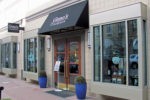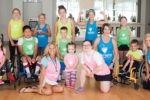New Horizons on the Unite to Fight PKD
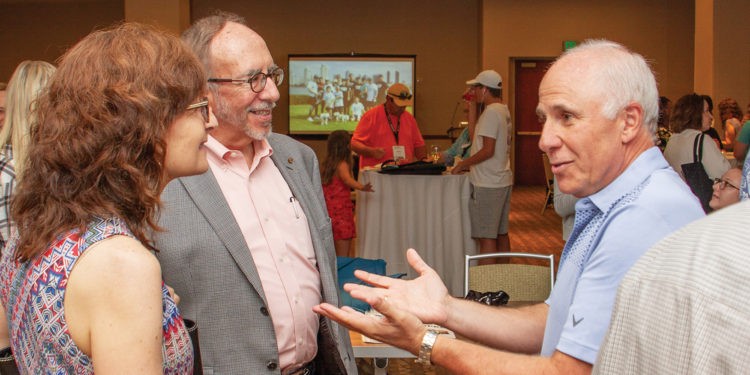
PKD patients, along with their supportive caregivers and tenacious researchers, are true warriors and survivors known for their incredible super powers.
Not all super heroes wear tights and capes and don’t necessarily leap tall buildings in a single bound, saving the world in one fell swoop. Sometimes, super heroes go way beyond those expectations and do something so spectacular that one is rendered nearly speechless. Whereas a hero is often noted as one of distinguished courage, ability and noble qualities, a hero can also be described in two simple words: organ donor. In the PKD community, there exists a multitude of phenomenal individuals, but two noteworthy ones in particular point to Nicole Harr and Sue Full, both of whom work for the Kansas City Chapter of the PKD Foundation, which is headquartered here in Kansas City.
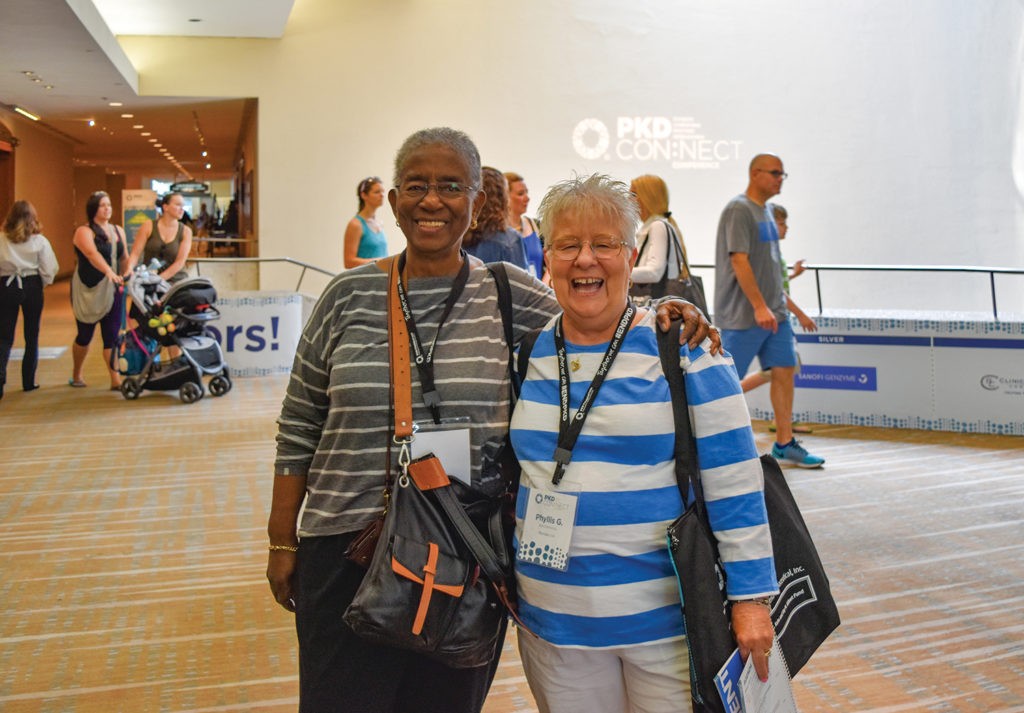
But, first, what exactly is PKD? Polycystic kidney disease, referred to as PKD, is an inherited disease that causes cysts to develop primarily in the kidneys, causing them to enlarge and lose function over time. These noncancerous cysts are round sacs containing fluid and can vary in size, some of them growing quite large. The disease often causes serious complications, such as high blood pressure, pain, infection, and ultimately kidney failure. The disease can vary greatly in its severity, and some complications may be preventable. There are two types of PKD: autosomal dominant polycystic kidney disease (ADPKD) and autosomal recessive polycystic kidney disease (ARPKD). The former is the most common and typically becomes symptomatic between the ages of 30 and 40. The latter is a much rarer form, most often involving infants and children. It affects 1 in 20,000 live births, and about 20% do not survive the neonatal period. Sometimes the symptoms might not appear until later in childhood or even during adolescence. Treatments for PKD can include medication to control high blood pressure, pain relievers and cyst reduction. For many patients, dialysis or a kidney and sometimes liver transplant might be needed.
Harr, who is the Director of Community Engagement for the PKD Foundation, completely understands the ups and downs associated with this disease and works tirelessly as an ambassador, helping others who are on the same battlefield in an effort to keep this disease from claiming their lives, as Harr is also a PKD patient. Harr, whose kidney function declined significantly over the past couple of years, is one of those patients for whom a kidney transplant was needed, and she found her super hero in none other than her best friend Full, the Senior Director of Community Fundraising for the Foundation.
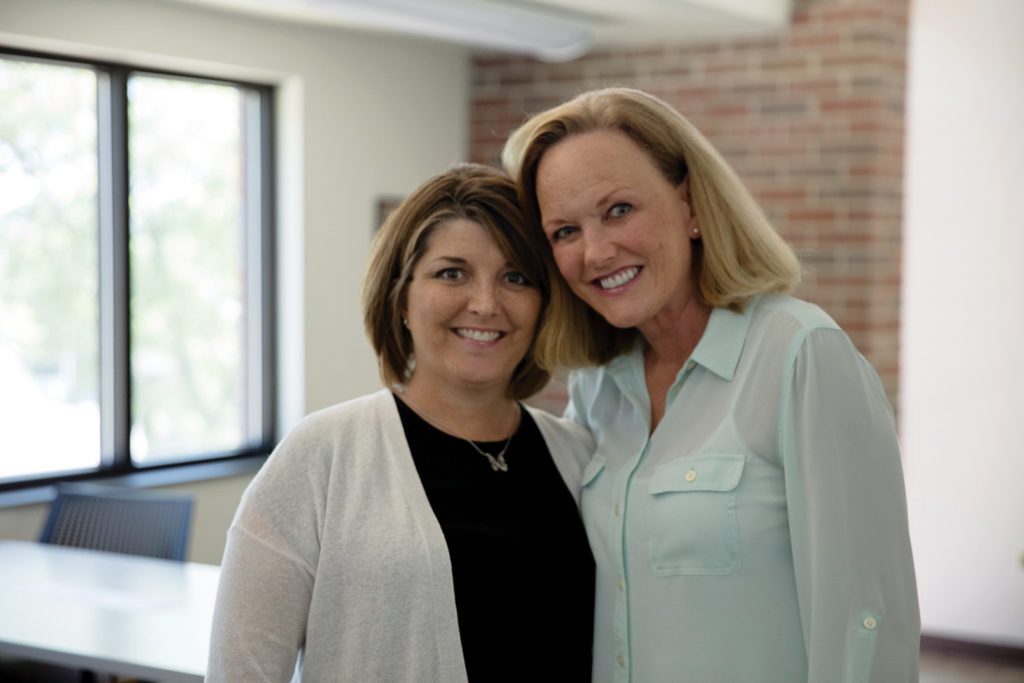
Nicole Harr and Sue Full of the Kansas City Chapter of the PKD Foundation
Harr and Full have been best friends for nearly two decades. They live on the same block. Their kids grew up together and the two ladies spent countless hours on the sidelines at soccer games and other sporting events over the years, which served to deepen the bond between them. Once Full realized Harr had PKD, her compassionate nature and desire to understand more was pushed to full throttle. She wanted to learn as much about the disease as she could, so she could further understand the challenges Harr faced. She even followed in Harr’s footsteps and began working for the Foundation in 2012. (Harr initially began as a volunteer but came on board full time in 2010.) Together, they have combined forces to put PKD on the map in terms of awareness and the continued need to acquire funds to work towards the organization’s ultimate goal of finding a cure.
To that end, the PKD Foundation hosted the bi-annual PKD Connect Conference downtown earlier this summer in which patients, caregivers, doctors and researchers from all over gathered to attend seminars to learn more about how to live with this disease and to gather more information from researchers as to their latest findings, progress and more. It was also an incredible opportunity for those within the PKD community to get to know one another.
“This was a patient conference with a majority of the sessions focused on disease management and the latest research on PKD,” said Full, who noted roughly 100 researchers and 325 patients were in attendance.
This year’s conference also had a decided focus on the latest treatment option available for patients living with PKD. What has been an illness dependent upon management of the symptoms over the course of a lifetime, these patients now for the first time have the option of specific treatment through the newly FDA-approved drug JYNARQUE™ (tolvaptan), announced in April of this year. This is the first ADPKD-specific treatment in the U.S. and a true milestone in the research efforts for PKD.
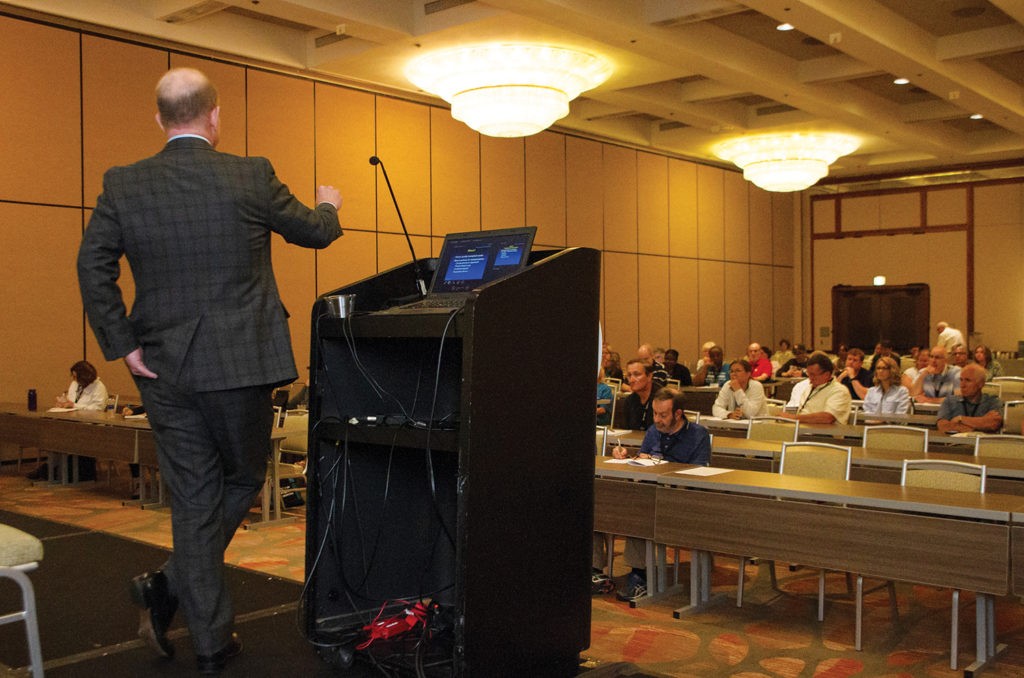
“The approval of JYNARQUE™ was received positively at the PKD Connect Conference, which had record attendance in part because of the hope this approval represented,” noted David A. Baron, Ph.D. and Chief Scientific Officer for the PKD Foundation. “This is the first drug approved specifically for the treatment of ADPKD in the U.S., and just as importantly, one of the first drugs in decades to be approved for chronic kidney disease in general. Otsuka is to be congratulated for their persistence in bringing this drug to market in the U.S. The PKD community was also excited by the expanding interest of drug companies to follow Otsuka into the PKD space. We can now look forward to additional therapeutics for the treatment of PKD.”
Equally exciting as the conference was one ordinary Tuesday in July that became an extraordinary day for Full and Harr, as on that day, the ladies entered the hospital as best friends, and after two separate surgeries, their lives became even more entwined as Full donated one of her kidneys to Harr in an effort to help Harr enjoy a healthier, more active lifestyle in her continued fight against PKD. Full is not giving up a part of herself inasmuch as she is becoming an integral part of Harr’s life. Full does not see this as a sacrifice at all; she sees it as giving her best friend a gift.
“I always thought I’d try to see if I could be a match for someone, and when I found out I was a match for Nicole, I was dumbfounded,” she noted. “It’s an overwhelming feeling, but in a good way, and it helps us to keep our eye on the prize.”
In keeping pace with the positive spirit within the PKD community and its supporters, the annual Walk for PKD, held every September in Kansas City, is a chance to make a difference in the lives of those impacted by PKD. All of the funds raised through this walk go directly to PKD research to help find treatments and a cure. Since its inception in 2000, this event has raised appreciable funds for continued research for this disease. This year’s walk is scheduled for Saturday, September 8th at Avila University and is part of a collective of 49 other walks scheduled throughout the Fall across the United States.
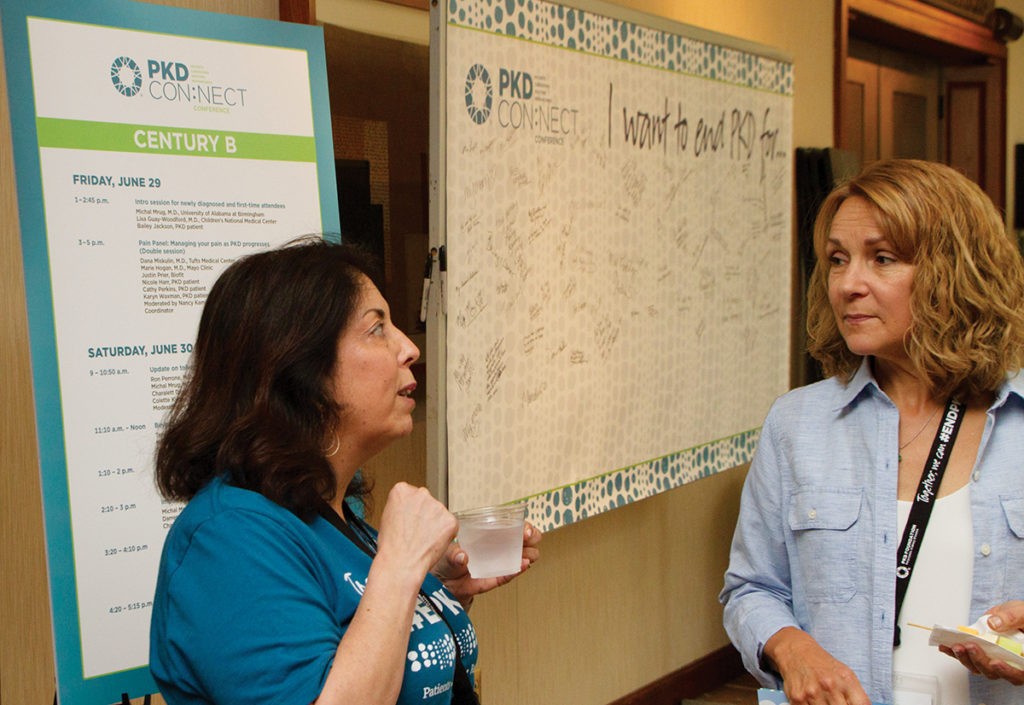
“Nationwide, nearly 11,000 people will walk and together they will raise nearly $2 million,” expressed Full.
No matter what the season, however, Full continues to walk by Harr’s side and considers it an honor and a privilege to help her friend. In return, Harr offers a debt of gratitude.
“There is no way to thank her,” she reflected. “I can just promise to live the best life I can. I have always admired Sue’s generosity and her kind and giving spirit. She would do this for anyone.”
Smiled Full, “This will keep us tied forever. She’s stuck with me now!”
While there is not yet a cure for this disease, the PKD Foundation is solely dedicated to finding treatments and eventually a cure to improve the lives of those it affects. In short, its vision is to end PKD. Together, this community of strong and determined individuals continue to unite in their fight to one day put down their swords and shields in favor of good health and long, prosperous lives.
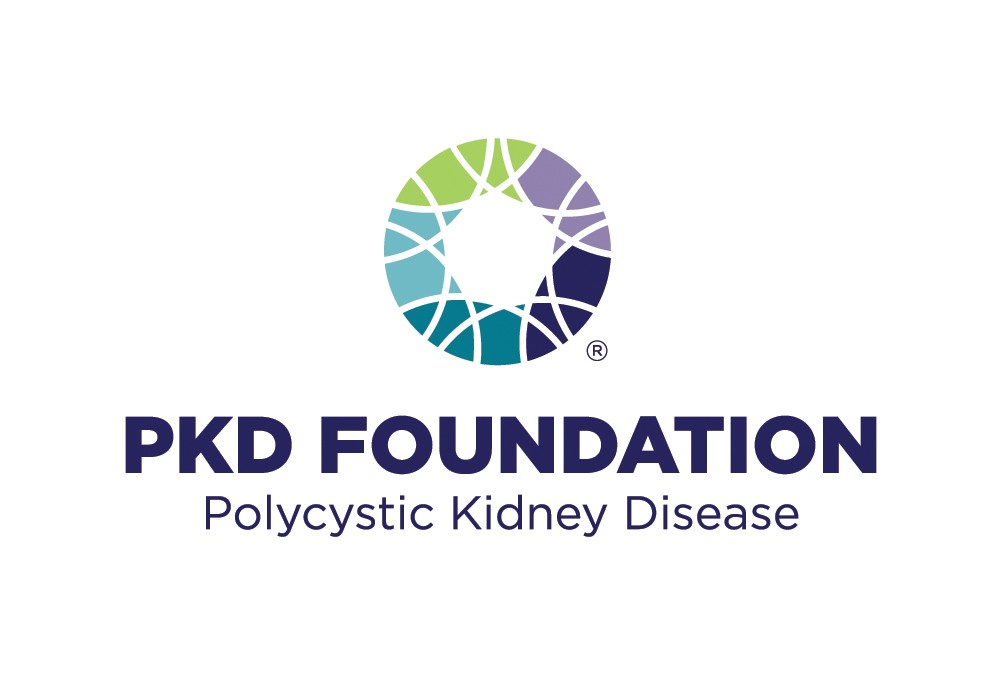
1001 E. 101st Terrace, Suite 220, Kansas City, MO 64131
816.931.2600 | 1.800.PKD.CURE
